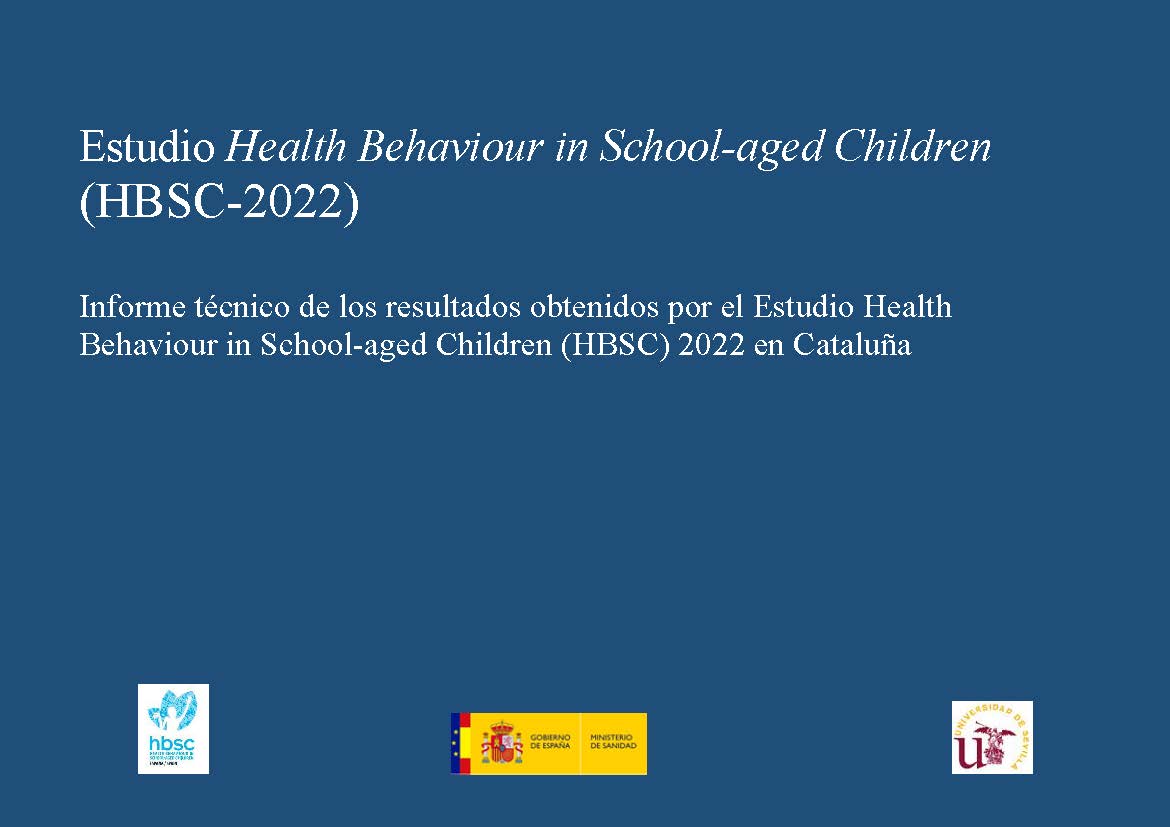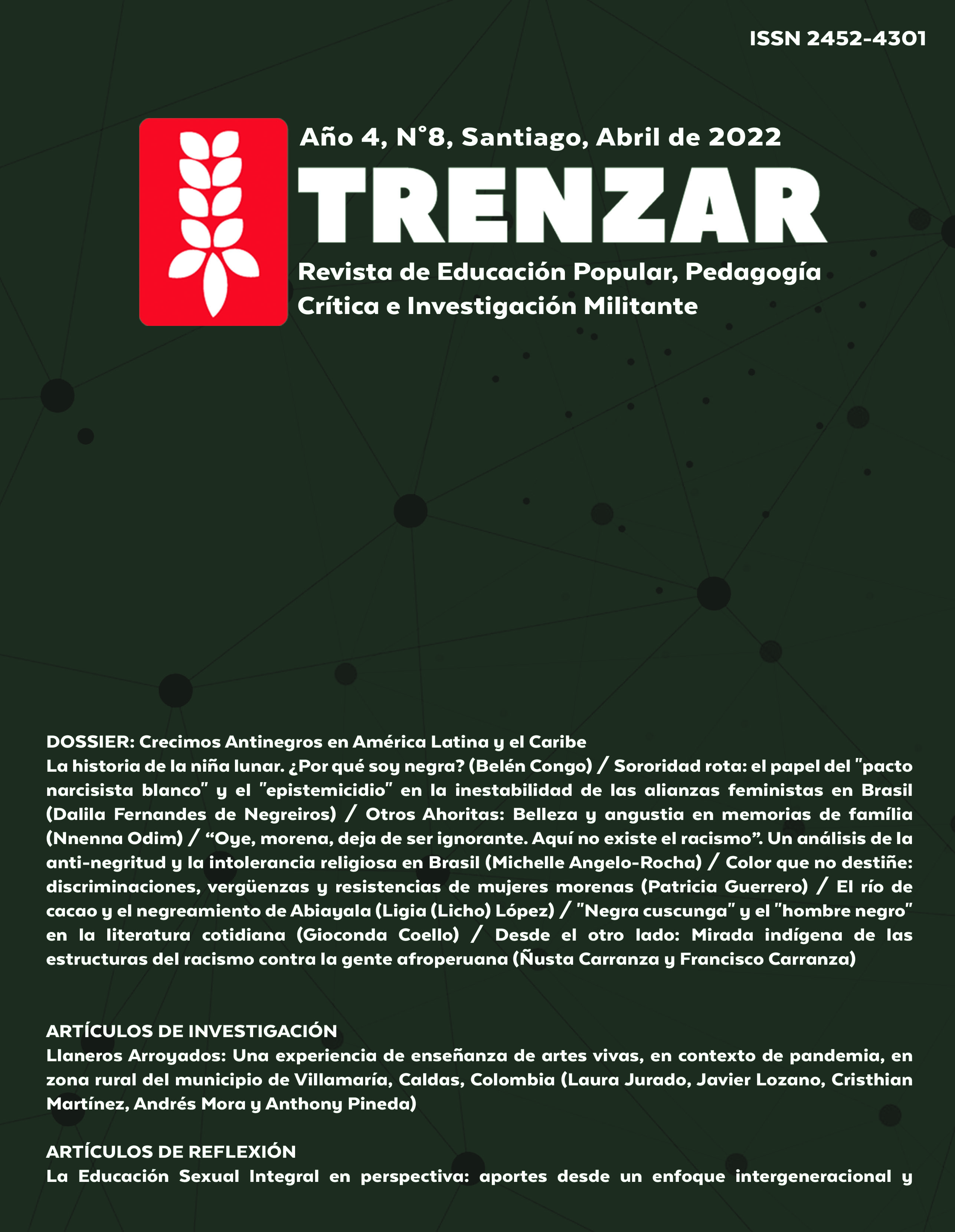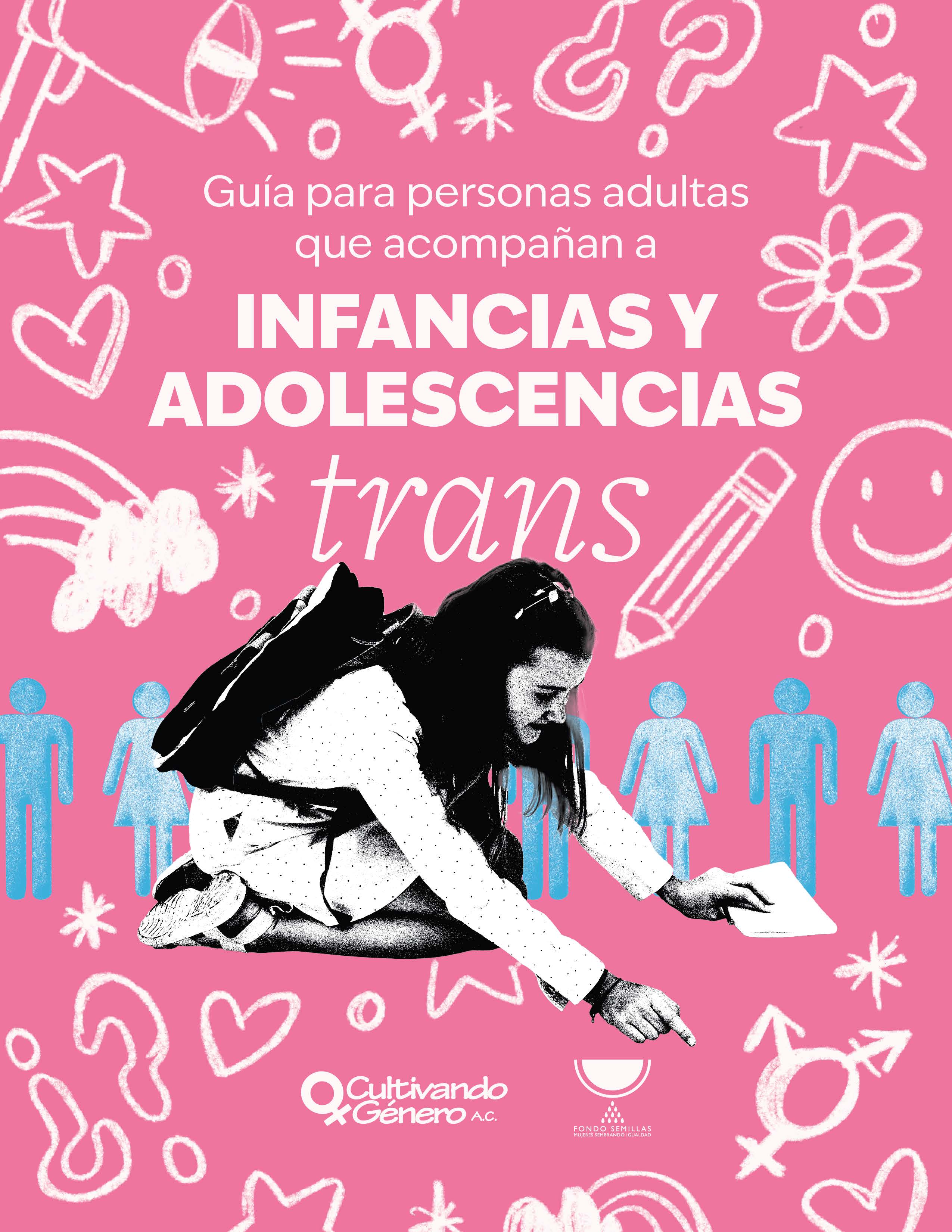Resum
Introduction: An increasing number of transgender minors are seeking help during the development of their gender identity and transitioning. Understanding their characteristics and the impact of transitioning on their mental health would be of help in the development of protocols to offer a better assistance to this population. The aim of this study was to examine the socio-demographic characteristics and clinical data related to gender identity, transitioning and persistence of transgender minors who were seen at the Gender Identity Unit (GID) of Catalonia, Spain. Material and methods: All underage applicants who requested clinical assistance at the specialized GID from 1999 until 2016 were retrospectively evaluated using the minors’ medical records. Results: 124 out of 140 minors were confirmed as being transgender, 83.1% of them were adolescents. The assigned male/female ratio was 1:1.2. 97.6% persisted in their transgender identity after a median follow-up time of 2.6 years. Prior to the first meeting, 48.5% were living in their affirmed role and, by the end of the study, this percentage rose to 87.1%. Yearly, the number of referrals exponentially grew whereas the age at referral decreased (rs = -0.2689, p = 0.0013). Child consultations rose to a significant percentage (23.5%) over the last 6 years.
Conclusions: Over the 18-year period, the number of referrals increased considerably, more assigned natal female minors and children were seen, and more minors made the decision to go through social transition at a younger age. In contrast with other epidemiological studies conducted in this field, a consistently high rate of persistence was observed.






